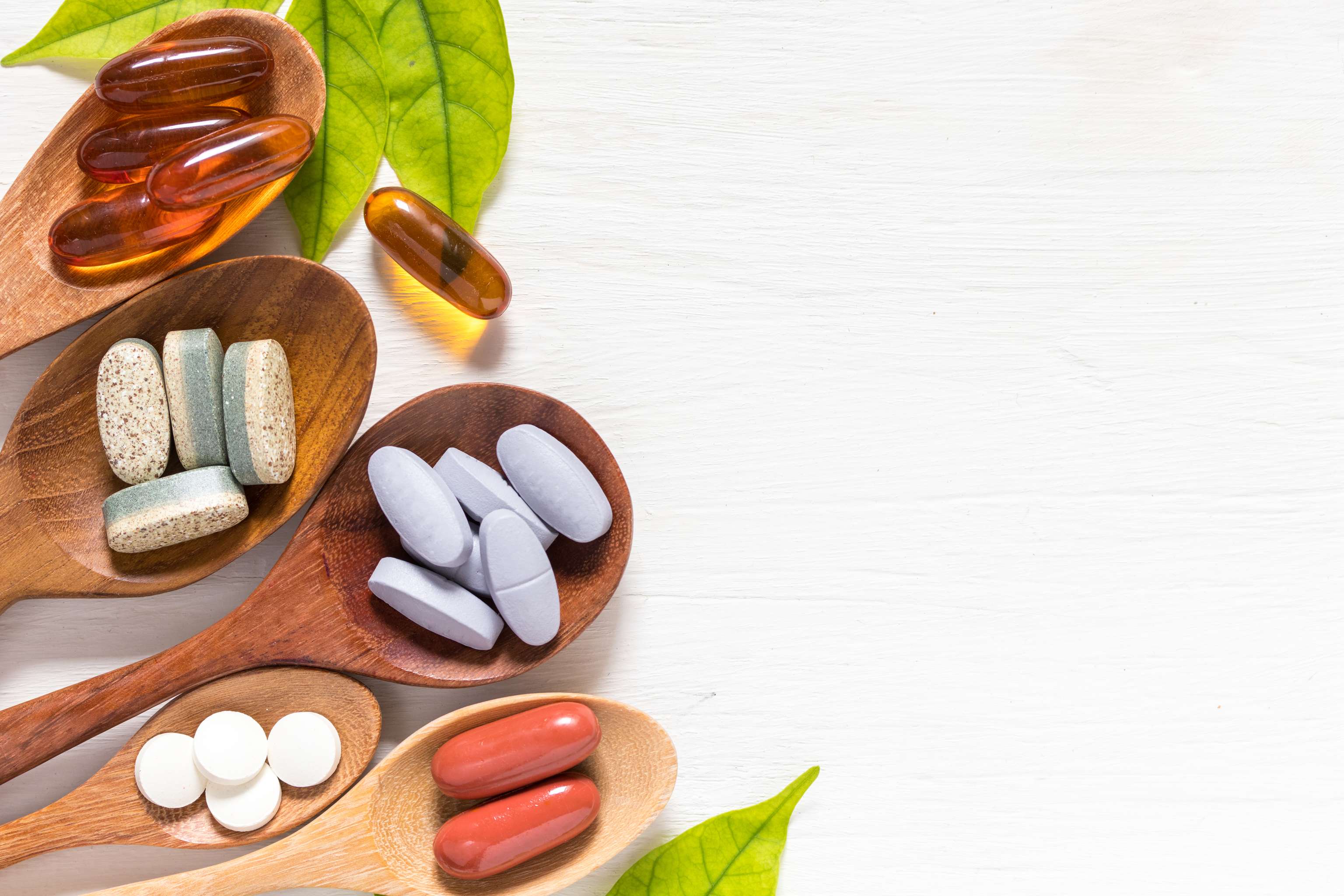Consequence, cause or correlation: COVID-19 and low vitamin D levels?

Importance and role of vitamin D:
A recent study from the University of Hohenheim in Germany, published in the NFS Journal, looked at the relationship of vitamin D deficiency and COVID-19 as a concomitant disease in Sars-CoV-2 patients. According to lead researcher Prof. Hans-Konrad Biesalski, disease symptoms from a vitamin deficiency influence the course of the disease in the patients studied. Since vitamin D is not only important for the metabolism of bones, but also plays a major role in our immune cells and defense reactions of the body, a malfunction of these tasks provides a large attack surface for the virus that is spread worldwide.
Furthermore, vitamin D can also inhibit pro-inflammatory messengers in their production. This is of great importance because a Sars-CoV-2 infection can be all the more dangerous if complications arise in the course of these very inflammatory processes. According to Prof. Biesalski, the consequences can lead to acute respiratory distress syndrome.
But caution is advised, because it has already been emphasized in the past that a low vitamin D content, for example in the case of inflammation, is not necessarily the cause of the disease, but perhaps a consequence of the inflammation, according to a study published in 2014 in the scientific publisher Elsevier.
According to the studies of the University of Hohenheim, a vitamin D deficiency can be detected with above-average frequency in diseases and life circumstances that increase the COVID-19 risk. As an example, a higher age is mentioned, as well as obesity (i.e. fatness) or diabetes mellitus type 2.
Remark:
As recommendations of vitamin D to prevent infection with SARS-CoV-2 keep appearing in social media, it is important to reiterate here that the study does not conclude from the results that taking vitamin D can prevent such infection.
It should be noted, however, that vitamin D levels can often reflect the health status of the patient, as deficiency of the vitamin and other pre-existing conditions can often occur together.
Conclusion:
Accordingly, a favoring of severe COVID-19 courses by a vitamin deficiency cannot be entirely clarified. Nevertheless, according to the study, the vitamin D level could serve as an indication of whether there is a higher risk for a Covid-19 case with a severe course.
Investigator Prof. Biesalski recommends that vitamin D levels should always be determined in cases of Covid-19 disease. In the course of this, a possible deficit should be corrected quickly in order to alleviate the course of the disease if possible.
Too much of a good thing:
Conversely, there is also the possibility of taking too much vitamin D. This can also be dangerous, because too high a dosage can reduce the effectiveness of the immune system. In addition, vitamin D can also drive up calcium levels in the body. According to the Robert Koch Institute, too much calcium can cause side effects in the form of abdominal cramps, vomiting, or even kidney damage. That's why it's important to make sure you're taking the right amount of vitamin D.
Where can I find vitamin D?
As is already known, you can produce vitamin D in your own body with the help of sunlight (UV light). Various foods, such as fatty fish, avocados or porcini mushrooms, also provide higher levels of vitamin D. As an alternative, the vitamin is now also marketed in concentrated form as tablets, drops, etc., e.g. Divisun, Oleovit D3 drops.
Sources
- Hans K. Biesalski, Vitamin D deficiency and co-morbidities in COVID-19 patients – A fatal relationship?, NFS Journal, Volume 20, 2020, Pages 10-21, ISSN 2352-3646, https://doi.org/10.1016/j.nfs.2020.06.001.
- Meltzer DO, Best TJ, Zhang H, Vokes T, Arora V, Solway J. Association of Vitamin D Status and Other Clinical Characteristics With COVID-19 Test Results. JAMA Netw Open. 2020;3(9):e2019722.
- Autier P, Boniol M, Pizot C, Mullie P. Vitamin D status and ill health: a systematic review. Lancet Diabetes Endocrinol. 2014 Jan;2(1):76-89. doi: 10.1016/S2213-8587(13)70165-7. Epub 2013 Dec 6. PMID: 24622671.
- Vitamin D status and ill health: a systematic review (The Lancet)
- Covid-19 und niedriger Vitamin D Spiegel. Folge oder Ursache (DAZ)
- Corona niedriger Vitamin D Spiegel schwerer Verlauf (Netdoktor)

Danilo Glisic
Last updated on 01.12.2020
Your personal medication assistant
Browse our extensive database of medications from A-Z, including effects, side effects, and dosage.
All active ingredients with their effects, applications, and side effects, as well as the medications they are contained in.
Symptoms, causes, and treatments for common diseases and injuries.
The presented content does not replace the original package insert of the medication, especially regarding the dosage and effects of individual products. We cannot assume liability for the accuracy of the data, as the data has been partially converted automatically. Always consult a doctor for diagnoses and other health-related questions.
© medikamio